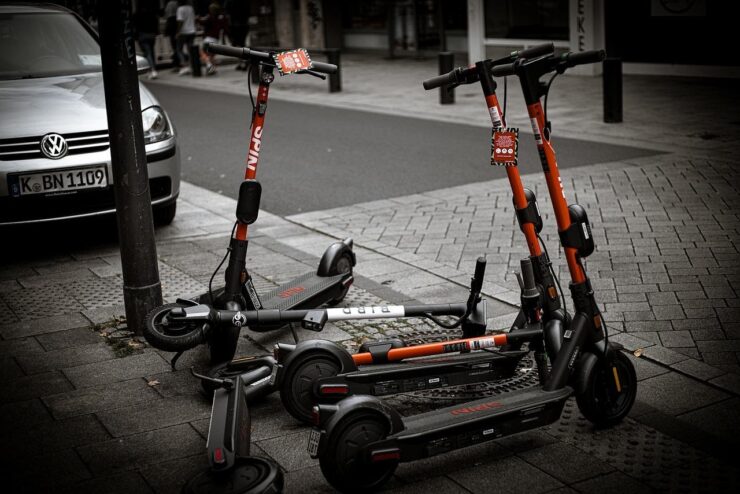If you’re considering an electric scooter rental business, you’re choosing a fantastic niche to explore. According to Grand View Research, the global market was worth around $18 billion back in 2019. By 2025, this is set to increase to at least $28 million. Therefore, the market is growing, and it’s due to continue this path in the coming years.
However, does this mean that you should get involved in the niche? If you have some money saved away, what’s to stop you from buying some electric scooters and making them available for the public?
Don’t worry, many of the barriers to entry that once existed for new companies have now disappeared. For example, you can remove many of the large upfront costs by outsourcing to third-party companies. You don’t need a degree in technology, for example, when you can have external experts build your app for a small fee. You don’t need a degree in marketing when an external agency will do the hard work for you.
This being said, entering the market isn’t going to be easy. Firstly, Australia is behind Europe and North America when it comes to this market. Is it because the market isn’t as large in Australia or are there genuine opportunities for a scooter rental service?
Towards the end of 2018, e-scooters finally entered Brisbane, and the contract was renewed after 130,000 people used one for a journey. Soon after, Adelaide decided to launch a rental service and offered the contract to Lime.
Yet, what started as an emerging market in the UK has now turned with the government banning all e-scooters from public paths. Although customers are allowed to buy an e-scooter, they cannot ride them through parks, pavements, roads, promenades, or town centres. Instead, they can only use them on private land.
Will Australia and other countries follow suit? In March, the transport minister stopped a planned trial in New South Wales. In 2024, though, New South Wales is the only state that doesn’t allow e-scooters in public. All other states allow e-scooters on public paths, but they often have speed and power restrictions (and South Australia only allows e-scooters for ridesharing).
All well as the legal minefield, other challenges for potential rental businesses include profitability, maintenance, and growing competition. Can you really compete with the millions spent by some of the bigger companies? Can you compete with the reputation of the bigger companies?
If there’s a gap in the local market, and you bear these considerations in mind, by all means, explore your options. These days, e-scooters like the Xiaomi M365 PRO at Dubitz Scooters are more affordable than ever, and you’ll find products that customers will love.
Additionally, you’re also likely to find franchise opportunities as the e-scooter market grows. In other words, you’ll use the brand name and resources of the franchise company while doing the marketing and day-to-day management yourself.
Should you consider getting into the e-scooter rental business? As long as you keep the challenges in mind, and have a plan to overcome them, there’s no reason why you can’t explore the idea. Research the competition, look at the barriers to entry, and research the many fantastic e-scooters available right now.
If not, why not invest in your own e-scooter and have fun with this instead? Either way, e-scooters are likely to become a common sight on your roads and public pathways. As an emerging market, it’s worth investigating now before it’s too late.




























